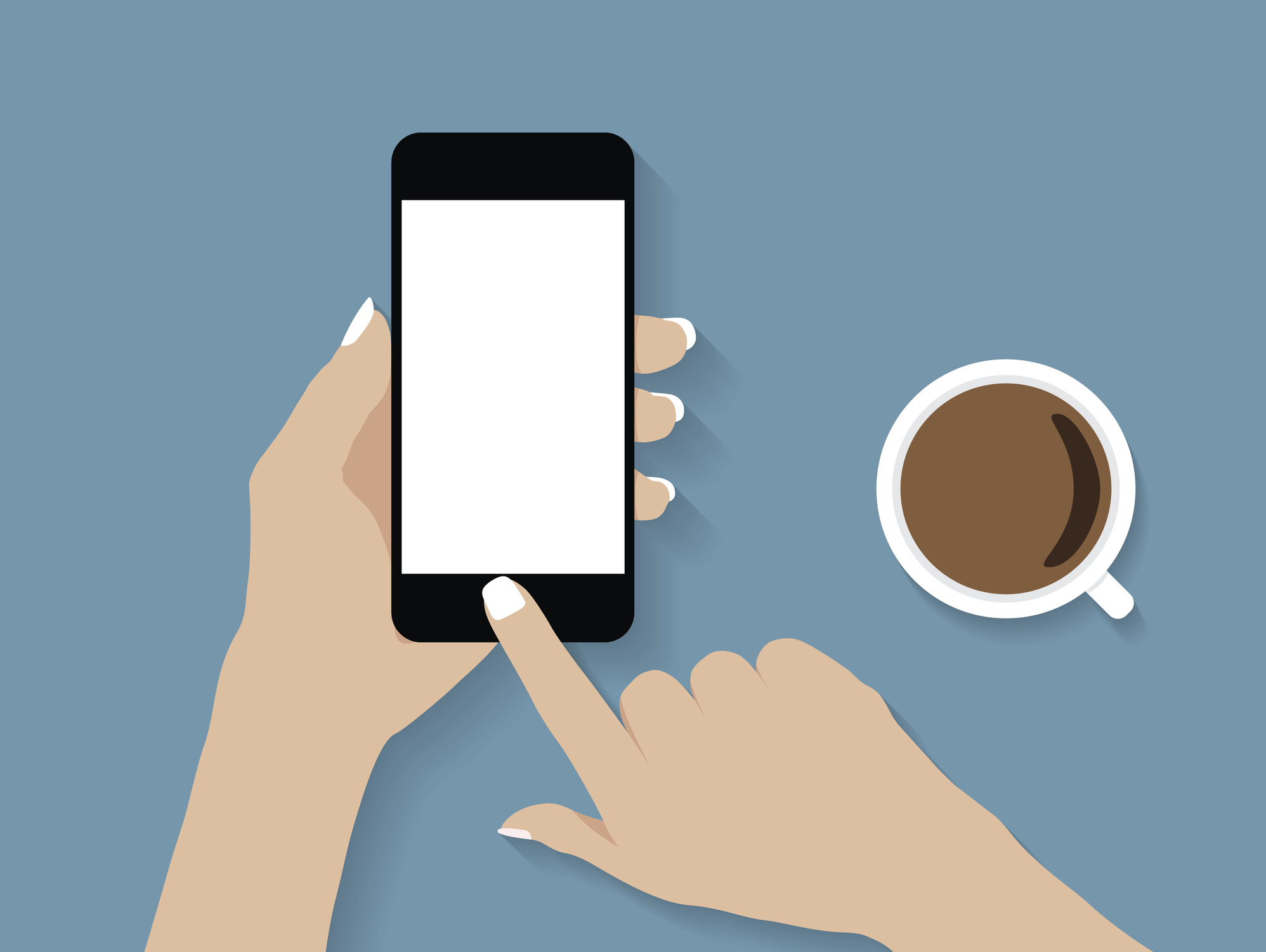Can you legally access someone's phone when they die?
Following the second reading of the Digital Devices (Access for Next of Kin) Bill in parliament, Charlotte Huxley of Stephensons explains whether you access someone’s digital assets when they die.

What is the Digital Devices (Access for Next of Kin) Bill?
In an ever-evolving digital world it begs the question what happens to our digital assets when we die? To address some of the issue, a proposed bill currently going through parliament called the Digital Devices (Access for Next of Kin) Bill.
It introduced by Democratic Unionist Party MP Ian Paisley to address the difficulties personal representatives face when trying to access social platforms or digital assets of their deceased or incapacitated loved one. If passed, the bill, which had its second reading at Parliament on 6 May 2022, would allow automatic access to content held on digital devices, or would force technology companies to be responsible for unlocking the devices.
Currently the Computer Misuse Act 1990 makes it a criminal offence for anyone to gain unauthorised access to a computer device, and this includes using another person’s password without their permission or prior authorisation.
There is no legal definition of a ‘digital asset” but Ian Paisley estimates that around £25 billion of assets in the UK are held in protected electronic storage facilities.
Can you access someone’s digital assets when they die in the UK?
It is estimated that over half of UK adults do not have a will and therefore have not made any provision for access to digital platforms when they die. And even when wills are drafted, digital assets are often forgotten about with more and more companies moving to online services.
It is also worth remembering that all online services have their own rules and regulations about accessing data when someone has died or is incapacitated, making it an extremely difficult, long and often expensive process for executors and administrators.
As Ian Paisley stated in his address to the House of Commons: “People are creating an even larger digital footprint throughout their lives, both personally and financially. Leaving a treasured possession such as a photo album or a collection of memorabilia and previous memories used to be quite easy, but that now often intangible property may be buried beneath layers of cyber security.”
At present this remains a grey area and there is currently no legislation defining what is a digital asset, and therefore no legislation governing a personal representative’s access to them. This Digital Devices (Access for Next of Kin) Bill would ensure that digital assets are defined as a person’s possession.
Can you ensure your digital assets are accessible when you die?
When we think about digital assets, this could cover a whole spectrum of things, such as:
- social media accounts
- financial accounts, such as PayPal
- cryptocurrency accounts
- photographs on a smart phone
- downloaded songs
- gaming accounts
While the likes of PayPal and cryptocurrency accounts naturally hold monetary value to a deceased’s estate, so might the likes of gaming accounts. Therefore, these must also be considered when estate planning.
Some social media platforms, including Facebook, allow people to plan ahead and appoint a ‘legacy administrator’, while Apple will allow you to appoint a ‘Legacy Contact’ giving that person access to the data stored in their Apple account after they pass away. Some social platform providers will even delete inactive accounts losing years of precious memories and data.
With cryptocurrency, the user has to gain access using a private key, unless they make provision for this after their death their account would be inaccessible.
What are the potential issues with the Digital Devices (Access for Next of Kin) Bill?
However, there are still some issues the Digital Devices (Access for Next of Kin) Bill cannot solve. With many financial institutions and other companies moving away from physical documents, a personal representative of an estate would still not be able comply with their duty of collecting in all the assets if they do not know about all the assets.
And although the bill would make the process of gaining access to digital assets easier, it is worth remembering that the privacy of a deceased or incapacitated loved one or anybody associated with them must be respected and therefore there may need to be many discussions in how this bill would be truly effective in its overall aim.
It’s also worth noting that with many providers being based in the United States, where privacy laws are much stricter, there are concerns about how the bill can be enforced. Many providers are currently unwilling to unlock or provide access to digital data due to laws in the US and the European Union.
Summary
It is certainly time for the outdated laws to finally catch up with modern day estate planning and the Digital Devices (Access for Next of Kin) Bill would be very welcome. However, it may be a long time before this becomes law and there will still be some unresolved issues surrounding digital assets when it does.
In the meantime, the subject of digital assets must be something every wills and probate practitioner should be addressing with their clients in relation to estate planning.
About the author
Charlotte Huxley is a solicitor in the probate department at Stephensons.
See also
How to leave cryptocurrency in your will
What happens to your social media accounts when you die?
The duties of an executor: what to do when someone dies
Place a Deceased Estates notice
Find out more
Digital Devices (Access for Next of Kin) Bill (UK Parliament)
Computer Misuse Act 1990 (Legislation)
Image: Getty Images
Publication date: 8 June 2022
Any opinion expressed in this article is that of the author and the author alone, and does not necessarily represent that of The Gazette.
